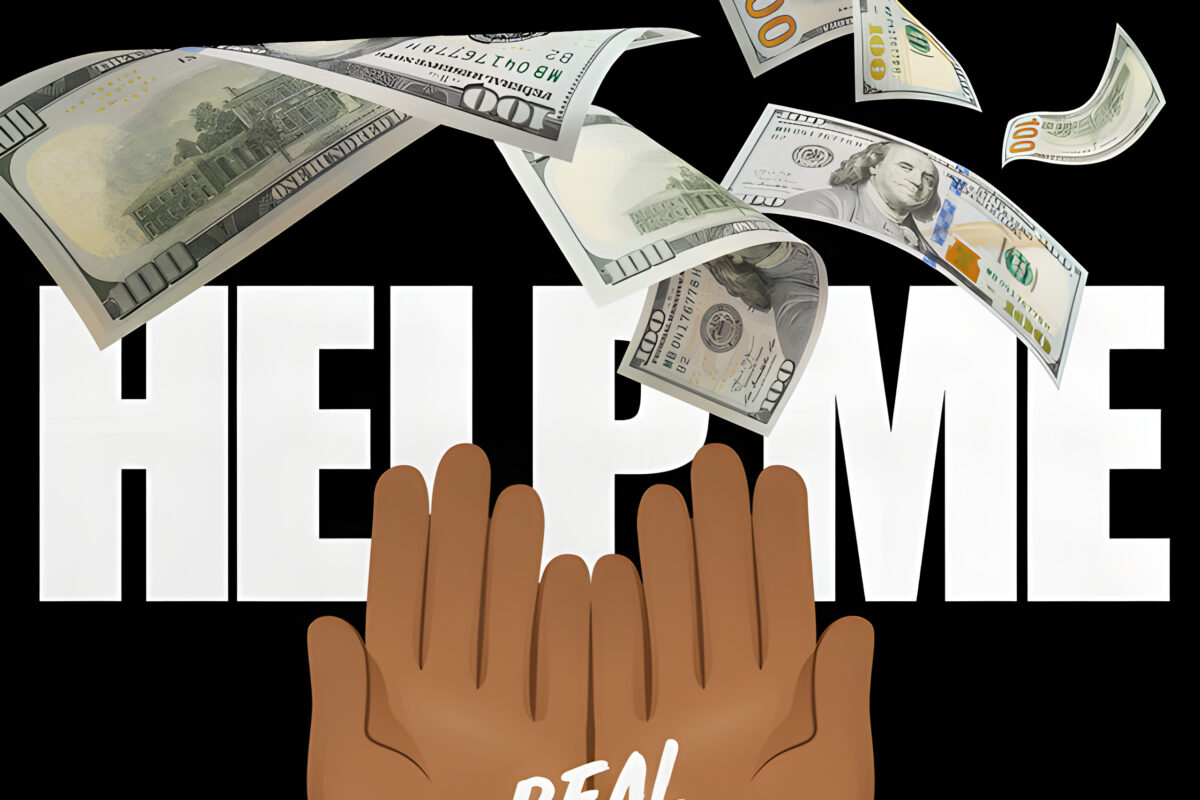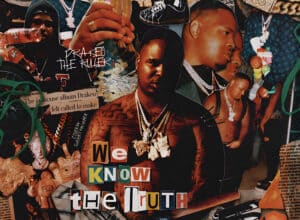Released: 2024
In ‘Help Me,’ Real Boston Richey expresses a desperate cry for help and self-reflection. He delves into the struggles of balancing street life with personal relationships, as well as confronting the harsh realities of betrayal and distrust. Throughout the song, there’s an ongoing theme of longing for change, both internally and externally, and the struggle between desires for stability and the pull of old habits.
The hook, “Baby, can you help me?” acts as a cry for assistance in breaking free from the chaos in his life. It’s a straightforward plea where the artist is essentially seeking support and understanding from a loved one, highlighting a moment of vulnerability. This question not only captures the artist’s need for help but also the recognition that change cannot be accomplished alone.
The opening lines set the stage for a tale of internal conflict and the emotional turmoil of feeling as though fighting for love might not be worth it. He refers to letting the ‘MAC fly,’ alluding to violence, while juxtaposing it with a plea for emotional aid. This sets a dual narrative of being entrenched in street life while yearning for something deeper and more meaningful.
In the verse where Richey mentions trying to ‘get his life together,’ he reflects on the difficulty of leaving behind a lifestyle that has become second nature. The line about ‘praying to God to leave the streets’ signifies the yearning for divine intervention to overcome challenges, while also recognizing how engrained and exhausting his lifestyle has become. There’s a metaphorical reference to his romantic life, comparing superficial relationships to aged provolone, indicating the redundancy of transient pleasures.
As the verse progresses, Richey details his financial aspirations, with intentions to elevate his social and economic status. He mentions the scrutiny he faces from law enforcement (‘watch what them crackers on’), emphasizing the systemic challenges he faces due to his environment. Additionally, his frustration with lack of reciprocity in communication (‘you ain’t pickin’ up’) indicates feelings of being misunderstood or neglected.
Richey then transitions to discuss achievements, mentioning real estate investments like buying ’14 acres,’ suggesting a shift from past instability towards solid, tangible successes. His need for a partner with a ‘low body count’ to focus on reveals a desire for stability and authenticity amidst chaos.
In the subsequent lines, he brags about his wealth and success, illustrating a dichotomy between material achievement and personal dissatisfaction. The mention of balling ‘on all these niggas’ suggests triumph over adversity and rivals. Despite his wealth, there is an ongoing query about love and trust, questioning if they are genuine or merely opportunistic given his financial status.
Further in the lyrics, Richey recounts the trauma of betrayal and the subsequent vow for retribution (‘get that get-back even if I get life’). This conveys a narrative of ongoing conflict and how past wounds influence his present and future intentions. He openly reflects on the change he has undergone since these events and acknowledges how they have corrupted him.
Towards the end of the song, the artist confronts issues in romantic relationships, revealing infidelities and his inability to change old patterns despite promises. This repetition highlights a struggle between intentions and actions, acknowledging flaws while attempting to reassure his partner. His candor about cheating yet recognizing his partner’s loyalty reflects complex layers of guilt, appreciation, and self-awareness.
‘Help Me’ closes with Richey reaffirming his desire for support while simultaneously portraying an image of defiance and resilience. The conflicting tones throughout the song paint a vivid picture of an artist grappling with identity, trust, and redemption. Historically, themes like these have been pivotal in hip-hop, providing insight into the raw human experiences of those caught between conflicting worlds. Real Boston Richey uses these lyrics not only to express his own journey but to echo the sentiments of many who navigate similar paths.








